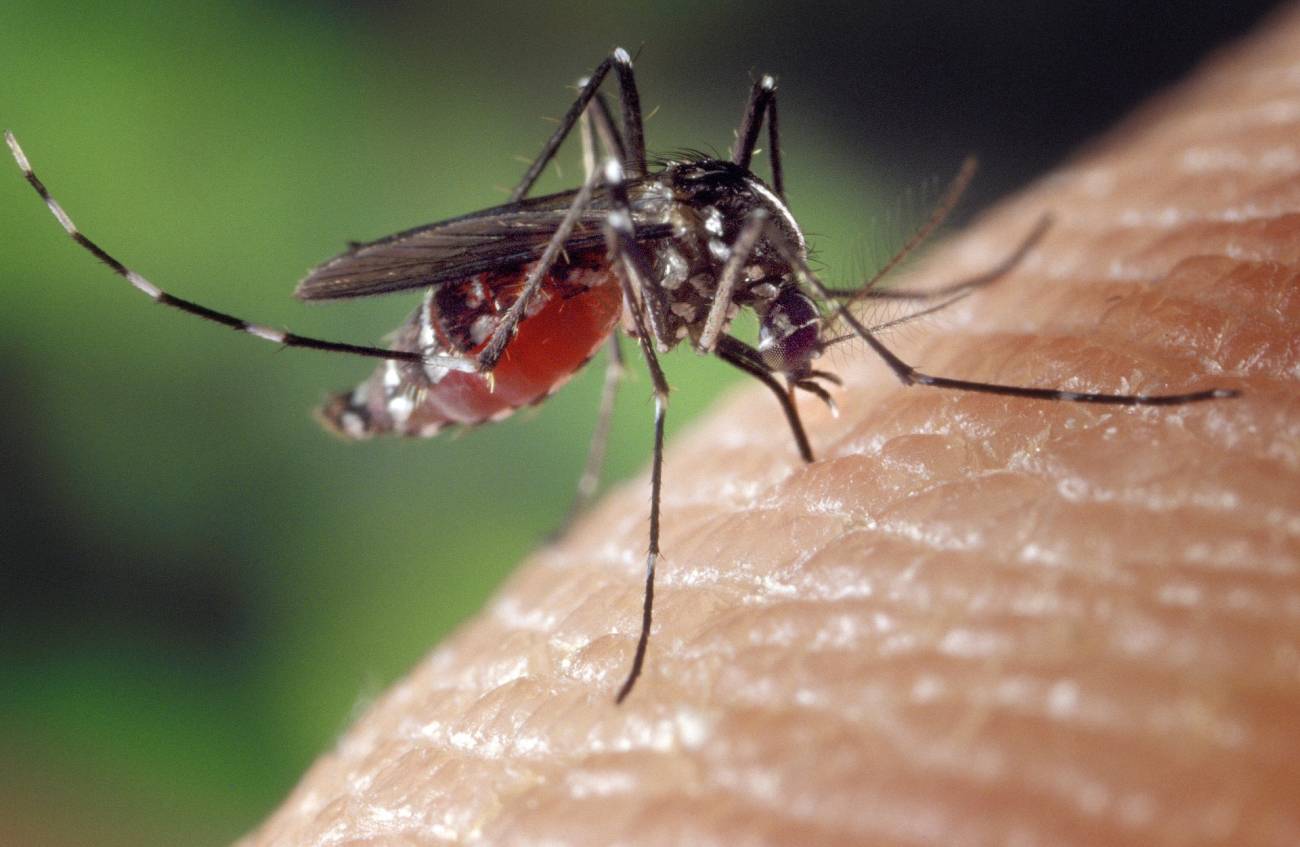Reactions: EMA gives green light to new dengue vaccine
The Committee for Medicinal Products for Human Use (CHMP) of the European Medicines Agency (EMA) has recommended granting marketing authorisation for the tetravalent dengue vaccine (live, attenuated) Takeda. The vaccine is intended to prevent disease caused by dengue virus serotypes 1, 2, 3 and 4 in people aged four years and older. Although an approved vaccine already exists, according to the EMA, this quadrivalent vaccine shows increased protection in children and people over 45 years of age.

Jacob Lorenzo-Morales - vacuna dengue EMA EN
Jacob Lorenzo-Morales
Professor of Parasitology, Director of the University Institute of Tropical Diseases and Public Health of the Canary Islands of the University of La Laguna and CIBERINFEC researcher
The approval of the use of this tetravalent vaccine is another clear example that science is key to the protection of human health, especially in the case of tropical and/or emerging diseases such as this one. In recent years we have seen an increase in dengue outbreaks mainly due to a high prevalence of mosquito vectors - transmitters of the virus that causes the disease - in endemic and even non-endemic areas due to the colonisation of new areas and borders by these vectors.
Dengue is a disease that usually has a much more severe clinical manifestation if we are talking about a second infection. Therefore, having a preventive measure against the severity of the disease is a major achievement for global health.
Mar Faraco - EMA dengue EN
Mar Faraco
Former president and current secretary of the Association of Foreign Medical Doctors (AMSE) and head of the Servicio de Sanidad Exterior in Huelva
The approval of Takeda's dengue vaccine is very good news, and not least because it is long awaited. Dengue is the fastest growing emerging disease affecting tropical and subtropical areas of the world today and the approval of this vaccine in Europe provides an essential prevention tool for international travellers. The global growth of international travel is also a growing phenomenon with great health importance, both at the individual level and for global public health, as transits of people between countries are one of the main causes of the worldwide spread of infectious diseases.
Protecting these travellers against dengue, one of the most frequent diagnoses in imported diseases, will result in a double benefit, protecting the individual and reducing the risk of importing this disease to the travellers' countries of origin in Europe, many of them - including Spain - countries where the risk of introduction and establishment of this disease is a reality, as the climatic conditions have favoured the introduction and adaptation of the main mosquito vector of dengue, Aedes albopictus (known as the "tiger mosquito").
As the press release notes, there is another vaccine approved by the EMA against this disease, but with a drawback that prevents its general use for the protection of travellers from non-dengue endemic areas. In order to be safely administered and exert its protective effect, previous infection with a serotype of the virus is required. Otherwise, the immune mechanisms that it would produce without this background constitute a greater risk than benefit, similar to what happens with infections by the various viral serotypes. This means that, in non-endemic countries without dengue, the vaccine is not marketed and is not used to protect international travellers. The new vaccine does not have this disadvantage and, therefore, it is expected to be widely used to protect the health of travellers.
Consuelo Giménez - vacuna dengue EMA EN
Consuelo Giménez Pardo
Professor of Parasitology at the University of Alcalá (UAH) and director of the Master's Degree in Humanitarian Health Action (UAH-Doctors of the World)
The dengue virus is transmitted by mosquitoes of the genus Aedes (Aedes aegypti, Aedes albopictus) and dengue is caused by one of the four serotypes of the virus; it causes about 390 million infections per year in tropical and subtropical countries.
While taking measures to avoid mosquito bites (EPA-approved repellents, mosquito nets, etc.), in 2019 the FDA approved DENGVAXIA© (Sanofi Pasteur) a vaccine to prevent dengue in children and adolescents aged 9 to 16 years who have had a previous laboratory-confirmed infection and who live in dengue-endemic areas.
It is a WHO-recommended quadrivalent vaccine, generated with live attenuated virus and made with recombinant DNA technology; it is administered by injection and is 80% protective against hospitalisation and severe dengue disease. It appears to confer protection for at least six years and only against dengue, not against other Aedes mosquito-borne viruses such as Zika, chikungunya and yellow fever.
The age of application of this vaccine has to do with the different studies carried out in which it has been observed that below the age of 9 the possibility of having been infected by the virus is very low and above the age of 16 there is not enough data to show efficacy. It does not currently apply to visiting children and adolescents.
However, the European Medicines Agency (EMA) has recently recommended approval of TAK-003 (QDENGA®), Takeda's vaccine to prevent dengue caused by any serotype in children over 4 years of age in Europe and in endemic countries, which, unlike the previous vaccine, shows broader protection for young children and people over 45 years of age.
This covers an unmet global public health need for a disease that is endemic in more than 100 countries worldwide, including in Europe.



